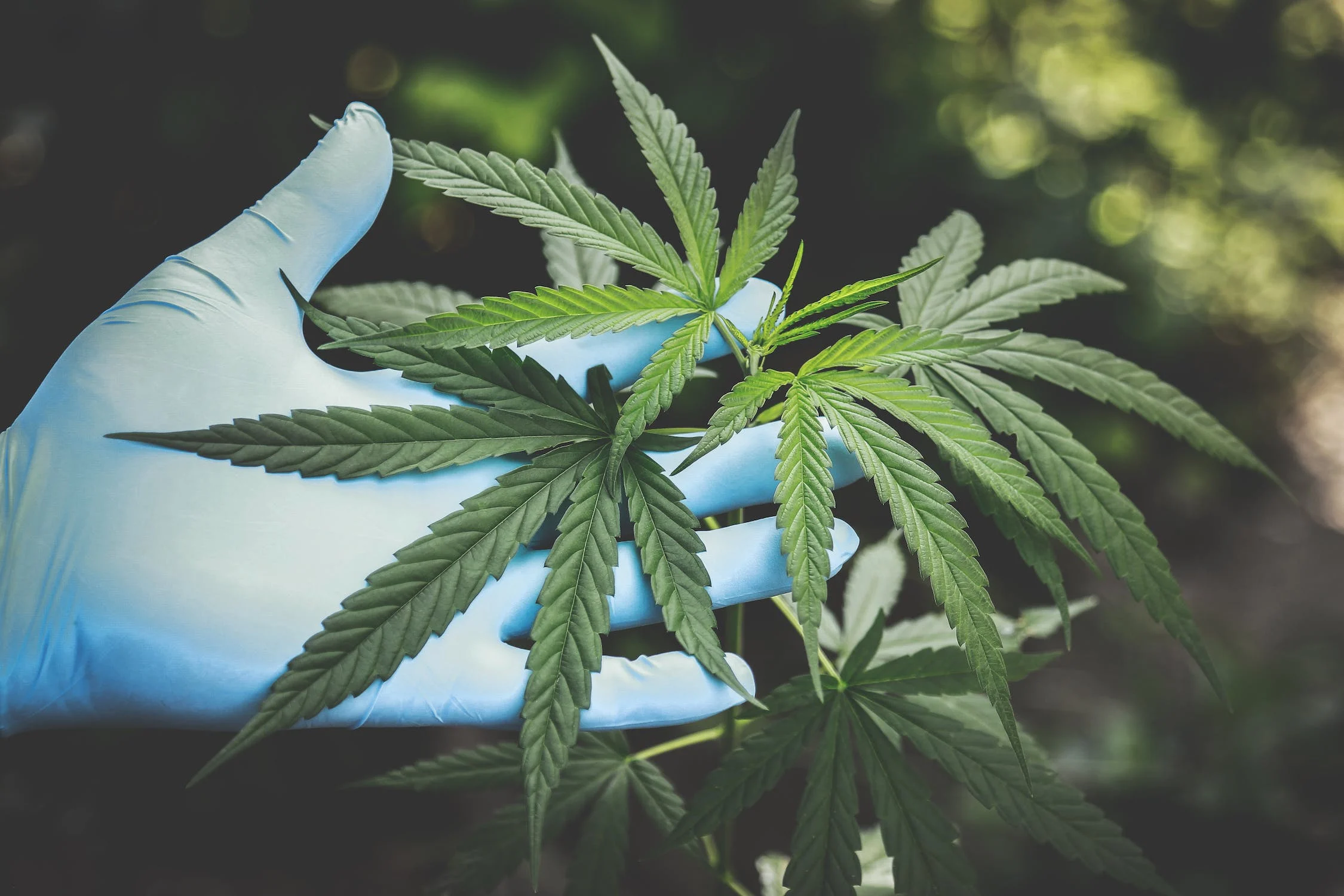Legalization of cannabis: What, when and where

JFCS’ Addiction and Recovery Services program aims to help educate public, staff about new law
By Liliane Jurayj • Addiction and Recovery Services Program Coordinator
On May 30, Minnesota became the 23rd state to legalize adult-use cannabis, with the new law set to take effect on Aug. 1, 2023. This means that recreational use of cannabis will be legal, allowing individuals who are 21 years and older to possess up to two ounces in public and up to two pounds in their homes (Minnesota Legislature, 2023).
The recent changes in Minnesota law include the establishment of an Office of Cannabis Management, funding for programs to address cannabis abuse, and the introduction of licenses for cannabis sales, testing, and cultivation. This bill expands the marijuana bill passed last year, which legalized edibles containing up to 5mg of THC derived from hemp. However, the more potent cannabis-derived THC is the focus of this new bill. Both legislative actions intend to make marijuana safer and more controlled, create new jobs and expand the economy.

Although the new law goes into effect later this summer, it could take 12-18 months to start seeing real changes. It will take time for distributers and growers to obtain their state licenses to sell cannabis, so hemp-derived THC will still be on the forefront of the market for some time.
We know that people are wondering how these changes will impact them. At JFCS, we know our employees have questions about these changes and many are wondering how it will impact their work. The Addiction and Recovery Services (ARS) program at JFCS is hosting a Lunch n’ Learn for staff this June. It will be an open discission about the new Minnesota Legislation. Our goal is to support staff and create a safe space for discussion about this important issue.
The bill’s sponsor, Rep. Zack Stephenson (DFL-Coon Rapids), stated that this legislation aims to address social injustices and assist individuals with previous convictions for low-level marijuana offenses in having their records expunged. Stephenson highlighted that the criminalization of marijuana has disproportionately affected people of color, even when usage rates are similar in white communities (Minnesota Legislature, 2023).
This bill will also increase the testing done and regulate dosage on the previously illicit drug before being sold. The law passed last year making edibles and drinks containing THC from hemp legal included lab testing and dosage maximums. This ensures that individuals know how much they are taking and what exactly is in their edible. This will hopefully reduce the risk of lacing marijuana with fentanyl. Illegally obtained marijuana has been found around the country containing this deadly substance (Spectrum News 1, 2023). New laws allocate funding for cannabis testing, but these products are not currently regulated by the FDA.
Now that recreational cannabis use will be legal in Minnesota, it is crucial to be aware of the potential side effects, addiction rates, and concerns raised by individuals. Marijuana, commonly known as weed or pot, refers to the dried and shredded flowers of hemp plants. Hemp contains the active chemical THC, which affects the areas of the brain associated with memory and certain movements. Compared to other substances like nicotine, cocaine, and opioids, THC has a significantly lower addiction rate for several reasons. Cocaine and opioids have profound neurochemical effects that directly impact the brain’s reward system. These drugs have high reinforcement properties, with dopamine surges followed by crashes and intense withdrawal symptoms, leading to an increased need for larger doses to achieve the desired effect.
The addiction rate for marijuana after casual usage is approximately 10%, which is notably lower than the addiction rate for heroin (up to 38%, according to the American Medical Association) and nicotine (85% according to Penn State Research). However, although it is more challenging to become chemically dependent on marijuana compared to other drugs, it is still important to monitor emotional dependencies and ritualistic behavior surrounding drug use. It is known that if an individual starts to use THC before the age of 18, they are about five times more likely to be diagnosed with cannabis use disorder later in their life (NIH, 2020). Adolescent THC use is also problematic due to the negative effects regular use has on brain development and the potential risk for loss of IQ points.
Smoking or using an edible when ingesting THC will affect you in different ways. When smoking anything, it is present in your blood at a faster rate, causing you to feel impaired sooner. Using edibles or drinking a THC infused seltzer will have a slower effect, sometimes taking up to an hour to fully kick in. This is important to know when deciding to take more of any drug. Although THC is associated with the feeling of euphoria and relaxation, taking more than you intended can lead to heart palpitations and anxiety. It is always important to start off slow and take controlled substances in safe environments.
Please reach out to the Addiction and Recovery Services program if you have any questions about the new legislation, substance use disorder, or if you need any support related to addiction and/or recovery. JFCS’ ARS also offers professional development, staff training about topics related to harm reduction, addiction education and de-stigmatization. Contact us at ljurayj@jfcsmpls.org or 952-542-4837.
